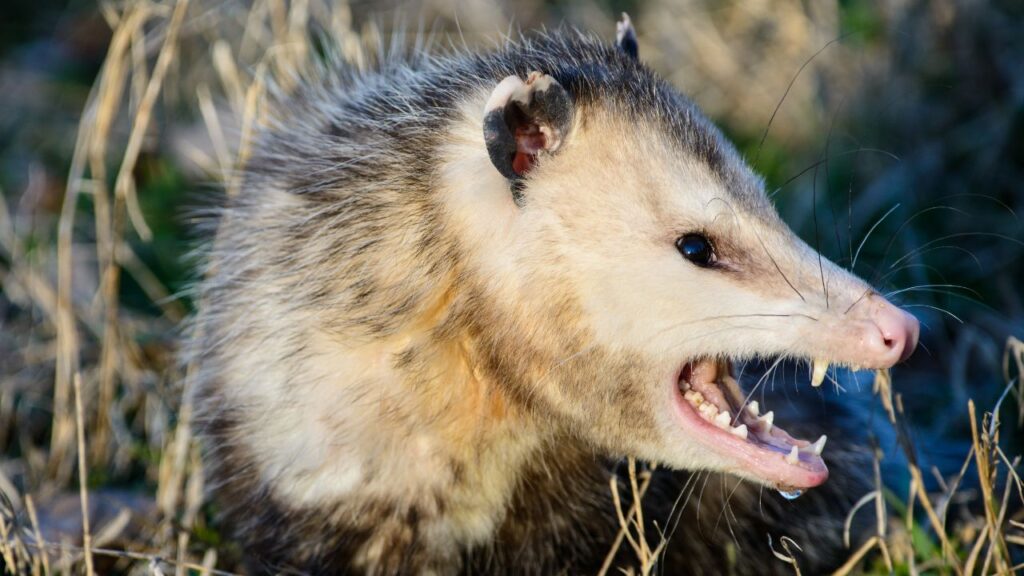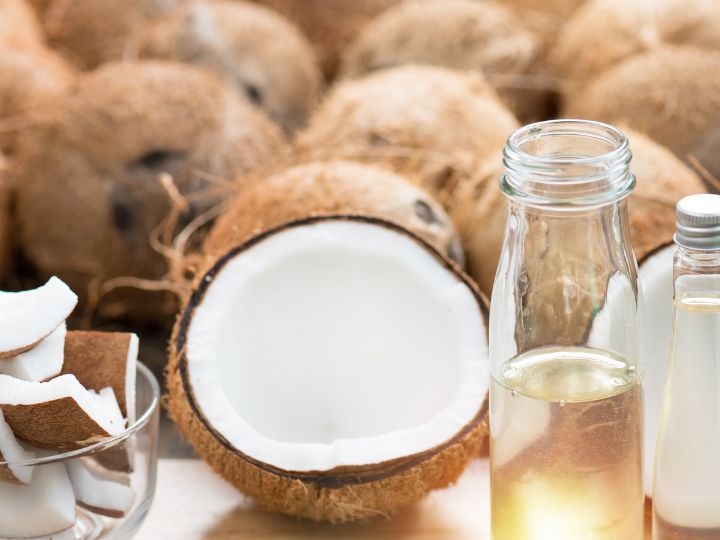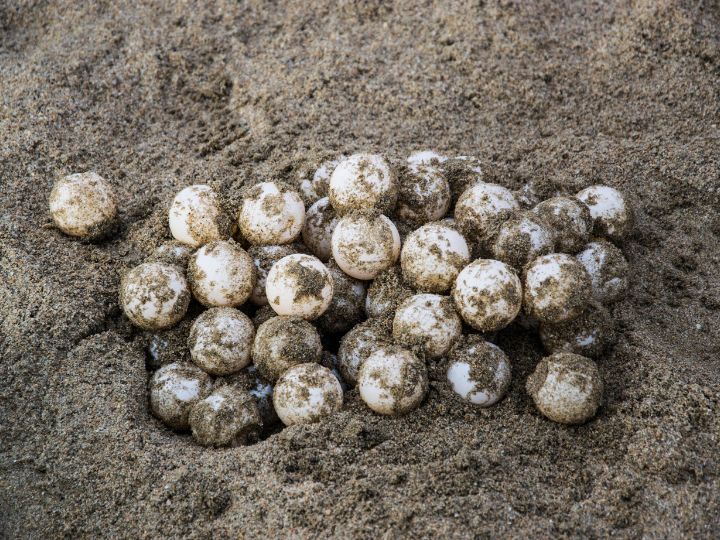Possums have a diverse and opportunistic diet, which allows them to thrive in various environments. These small marsupials are mostly found in the United States, Australia, and other parts of the world. Often misunderstood as pests, possums play a crucial role in controlling insect populations and spreading seeds in their environments.
As fruit lovers, possums are known to munch on various fruits, including avocados. However, avocados may not be a staple in their diet. The high-fat content in avocados may not provide the necessary nutritional balance that possums require. Additionally, the potential for other foods being more accessible in their environment may limit their consumption of avocados.
Understanding the dietary habits of possums is essential for creating a harmonious relationship between humans and these adaptable creatures. By learning more about their food preferences, people can better manage their interactions with possums and work together to promote a healthy ecosystem.
Do Possums Eat Avocados?
Possums are opportunistic feeders, which means they eat a variety of foods, depending on what is available. When it comes to avocados, possums may be attracted to them, but not necessarily as a preferred food source.
Avocado consumption by possums
The soft, creamy texture of the avocado may seem appealing to a possum’s taste buds. However, avocados are high in fats, which are not easily digested by possums. This could potentially lead to gastrointestinal issues if consumed in large quantities.
Additionally, the skin and seed of the avocado can be toxic to possums. This is because they contain persin, a fungicidal toxin. Consuming any part of the avocado with persin can cause problems for the possum, including respiratory issues and even death.
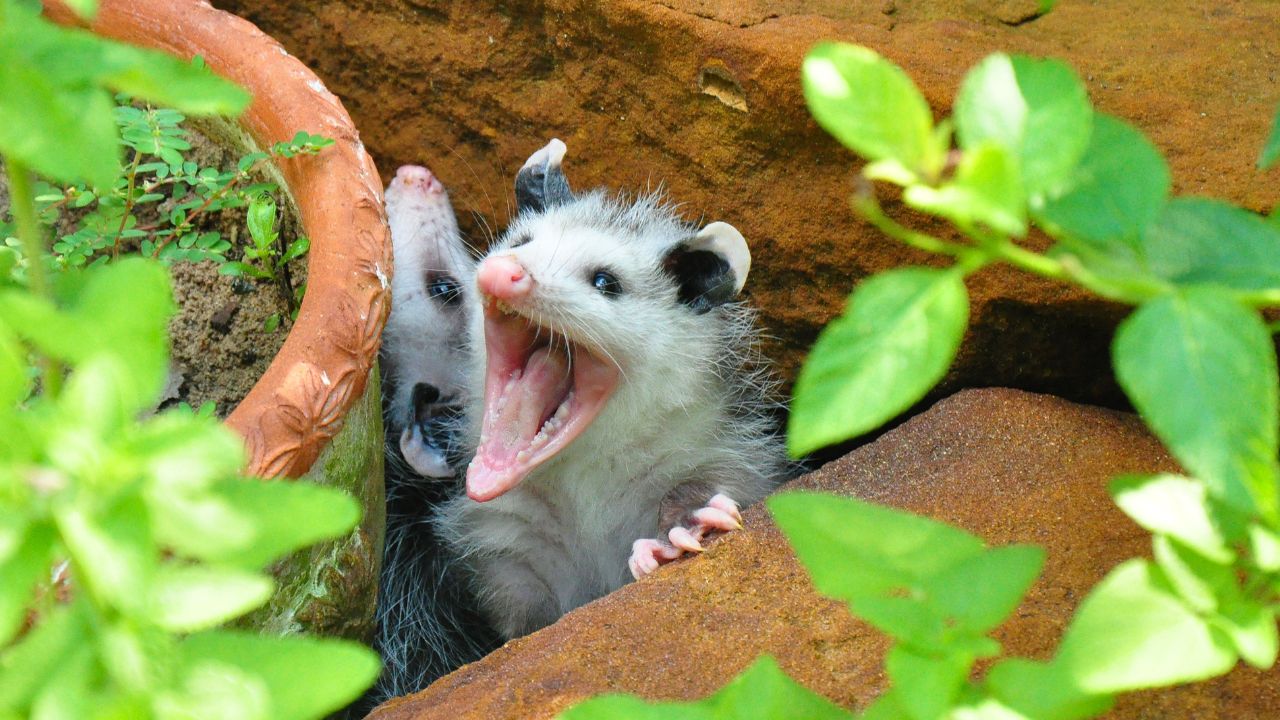
Other food sources for possums
Possums mostly consume plant-based foods, such as fruits, vegetables, and leaves. They also eat insects, small animals, and even carrion. Some common foods found in the possum’s diet include:
- Apples
- Pears
- Grapes
- Carrion
- Grass
- Insects
Deterring possums from your avocado trees
If you have avocado trees and are worried about possums, there are a few ways to deter them. For example, you can use netting to cover your trees, or install motion-activated lights or sprinklers. Another option is to provide alternative food sources for the possums, keeping them away from your avocados.
In conclusion, while possums might eat avocados if given the opportunity, it is not a primary food source for them. Instead, they enjoy a variety of plant-based foods, insects, and small animals. By taking preventive measures, you can protect your avocado trees from these curious creatures.
Possums’ Dietary Preferences
Possums’ Natural Diet
Possums, or opossums, are marsupials native to North and South America. They have a diverse diet, primarily consisting of insects, small animals, and plants. As opportunistic feeders, possums consume a range of food items available in their natural habitat. Their diet is generally composed of invertebrates, such as beetles, slugs, and snails, along with small vertebrates like birds, rodents, and amphibians.
Plants are a significant part of a possum’s diet, which can include fruits, vegetables, and leaves. They help balance their diet and provide essential nutrients. Possums feed on various fruits, from common fruits like apples and berries to exotic ones, such as avocados.
Common Foods in a Possum’s Diet
Invertebrates:
- Beetles
- Slugs
- Snails
Small vertebrates:
- Birds
- Rodents
- Amphibians
Plants:
- Fruits
- Apples
- Berries
- Avocados
- Vegetables
- Leaves
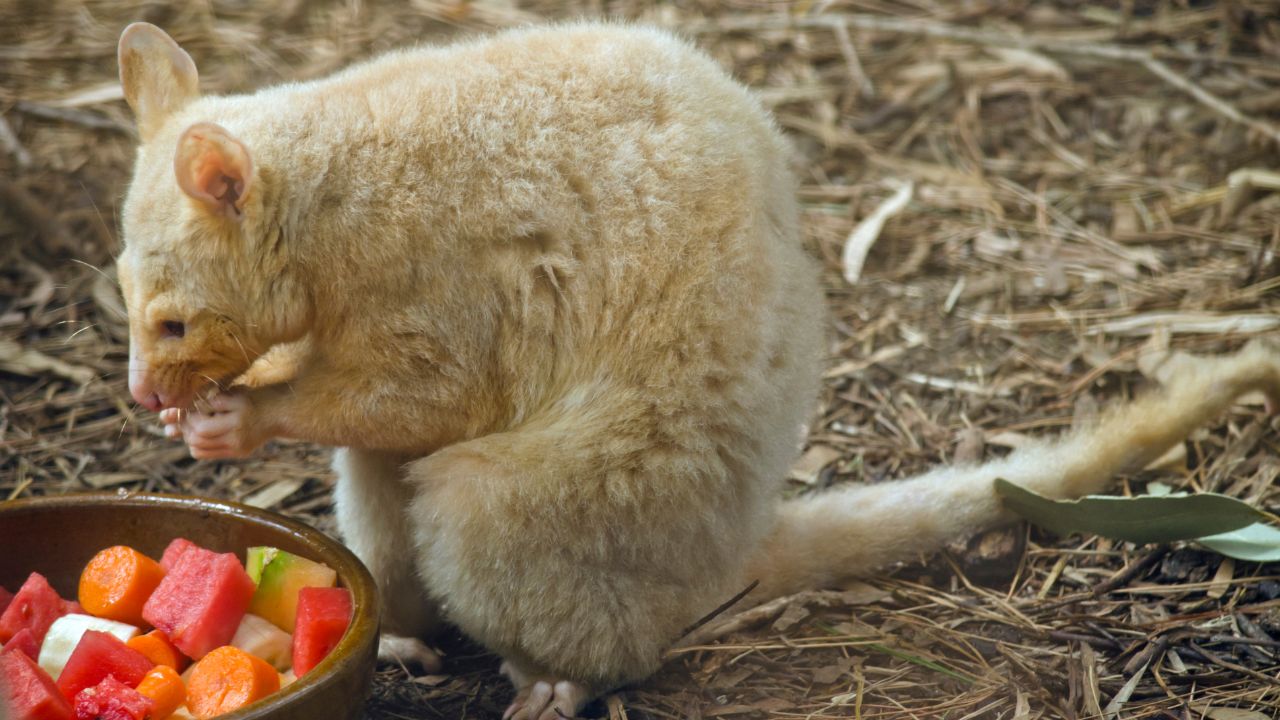
Regarding avocados, possums eat them when available. They usually feed on ripe, fallen avocados, thus making this fruit a part of their diet. However, it’s essential to note that avocados are not a crucial food source for possums in the wild, as their consumption depends on the availability and specific geographical location.
Avocados and Possums
Can Possums Digest Avocados
Possums are omnivores, primarily consuming insects, fruits, and small animals. They do show interest in avocados, and can digest the fruit. Avocado contains essential nutrients and healthy fats which can be beneficial for possum’s diet. However, it is important to note that not all fruits are suitable for every animal, and moderation is key.
Possums should avoid consuming the avocado seed, as it can pose a choking hazard or cause intestinal blockage. Additionally, the skin of avocado is tough and should not be consumed by possums. If possible, only the ripe and soft avocado flesh should be available for possums.
Effects of Avocados on Possums
The ingestion of avocados can have both positive and negative effects on possums.
Positive effects include:
- Source of healthy fats and nutrients
- An appealing taste and texture for possums
Negative effects include:
- Potential gastrointestinal issues if the seed or skin is consumed
- A high-fat diet may lead to obesity and health issues if fed in excessive amounts
In summary, avocados can be a part of a possum’s diet, providing essential nutrients while being a palatable food option. As long as the seed and skin are avoided and avocados are fed in moderation, they can be a beneficial addition to possums’ nutrition.
Avocado Plantations and Possums
Possums as Pests in Avocado Farms
Possums are known to be opportunistic feeders that consume various types of plants, fruits, and small animals. In avocado plantations, they often find the trees and their fruits to be a particularly attractive food source. They usually feed at night, which makes them difficult to detect and control.
Their feeding habits can cause significant damage to avocado trees and fruits. Possums not only eat the fruits, but they may also break branches or strip off leaves in the process. This behavior is detrimental to the overall health of the trees.
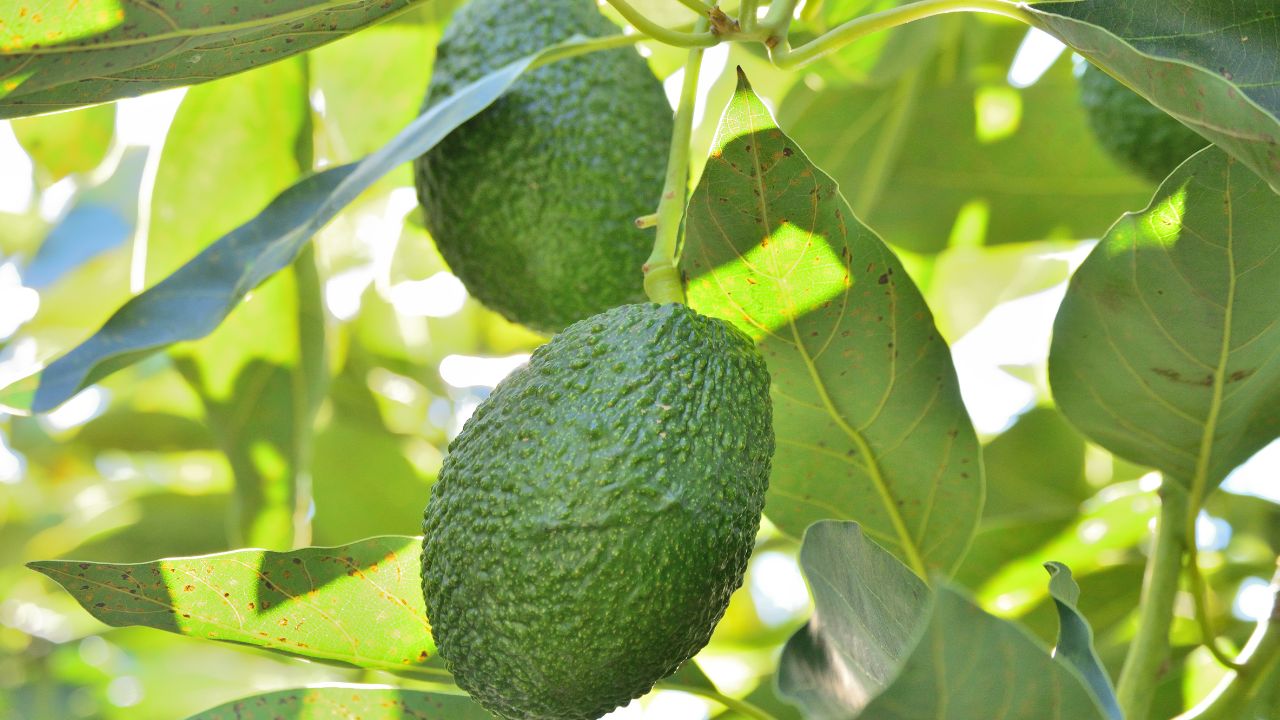
Impact of Possums on Avocado Yields
The presence of possums in avocado plantations has a negative impact on the crop yield. Their feeding habits can lead to:
- Fruit Damage: Possums can cause visible damage to avocado fruits by biting or scratching their surface. This damage negatively affects the appearance and marketability of the fruits, which may result in economic loss for the farmer.
- Reduced Harvest: The destruction of fruits due to possum feeding reduces the overall quantity of harvestable avocados. This financial burden is carried by the farmers and may impact their long-term sustainability in business.
- Tree Health: Possums can also cause damage to tree trunks, leaves, and branches, which may affect fruit production in the long term. A weakened tree can yield fewer fruits and is more susceptible to diseases or pests.
In conclusion, the presence of possums in avocado plantations can significantly impact the overall yield and health of the trees. Effective strategies to control and deter possums are essential in maintaining a productive and sustainable avocado farming operation.
Preventing Possums from Eating Avocados
Possum-Proofing Your Avocado Trees
To prevent possums from eating avocados, the first step is to possum-proof your avocado trees. Start by trimming any branches that are hanging close to other trees, fences, or structures. This will make it more difficult for possums to access your trees.
Another effective method is to install a metal tree collar at least 2 feet high around the trunk of the tree. Possums find it difficult to climb metal surfaces, so this will likely discourage them from trying to reach the avocados. Additionally, you can attach motion-activated lights or sprinklers to your trees, as these will help deter possums, who prefer to avoid direct confrontation with humans.
Alternative Possum Deterrents
If you want to explore further options, consider the following alternative possum deterrents:
- Odor repellents: Possums have a strong sense of smell, and you can use this to your advantage. Use scented deterrents like garlic, ammonia, or mothballs around your trees, but make sure they’re inaccessible to pets or children.
- Ultrasonic devices: These devices emit high-frequency sounds that are inaudible to humans but can be irritating to possums. Place several devices around your avocado trees for optimal effectiveness.
- Netting: Cover your avocado trees with bird netting, making sure it’s tightly secured and doesn’t leave any gaps for possums to squeeze through.
By using these prevention methods, you can successfully protect your avocado trees from possums and ensure a bountiful harvest for you to enjoy.
Frequently Asked Questions
Do raccoons consume avocado fruit?
Raccoons are known to have a diverse diet, and they may consume avocado fruits if given the opportunity. They are not the main predator of avocados, but it is important to be aware that they might show interest in these fruits.
What animals pose a threat to avocados?
Numerous animals that could pose a threat to avocados include squirrels, rats, mice, and some birds. It is essential for growers and homeowners to implement preventive measures to protect their avocado trees and fruits effectively.
How can I protect my fruit trees from animals?
There are various ways to protect your fruit trees from animals. Installing a tree guard or using a tree wrap can prevent climbing animals from reaching the fruit. Netting can also help in protecting the fruit from birds, and using scent or taste repellents can be effective in deterring animals from damaging your trees.
Which creatures are unable to eat avocados?
Some pets, like dogs and cats, should not eat avocados as they contain a toxin called persin, which can cause health issues. Additionally, it is important to note that not all animals can tolerate avocados, as some may experience digestive issues or allergies.
Can squirrels damage avocado trees?
Yes, squirrels can inflict damage on avocado trees. They are likely to gnaw on the tree bark, branches, or fruits, which can result in considerable harm to the tree’s health and vigor. It is essential to employ appropriate preventive measures to deter these animals.
What methods deter animals from eating tree fruits?
Various methods can deter animals from consuming tree fruits. These may include the use of repellents (scent or taste-based), noise or visual deterrents, and exclusion techniques like netting or tree guards. Consider the specific animal posing a threat and choose the most suitable method for your situation.
Becky is a fervent wildlife enthusiast and pet care expert with a diploma in canine nutrition. Her love for animals stretches beyond the domestic, embracing the wild tapestry of global fauna. With over a decade of experience in animal welfare, Becky lends her expertise to OutlandishOwl through insightful articles, captivating wildlife information, and invaluable guidance on pet nutrition. Her work embodies a deep commitment to understanding the intricate lives of animals and a passion for educating others on sustaining natural habitats. Becky's hands-on conservation efforts and her knack for translating complex dietary science into practical pet feeding tips make her an indispensable voice for creatures great and small.

